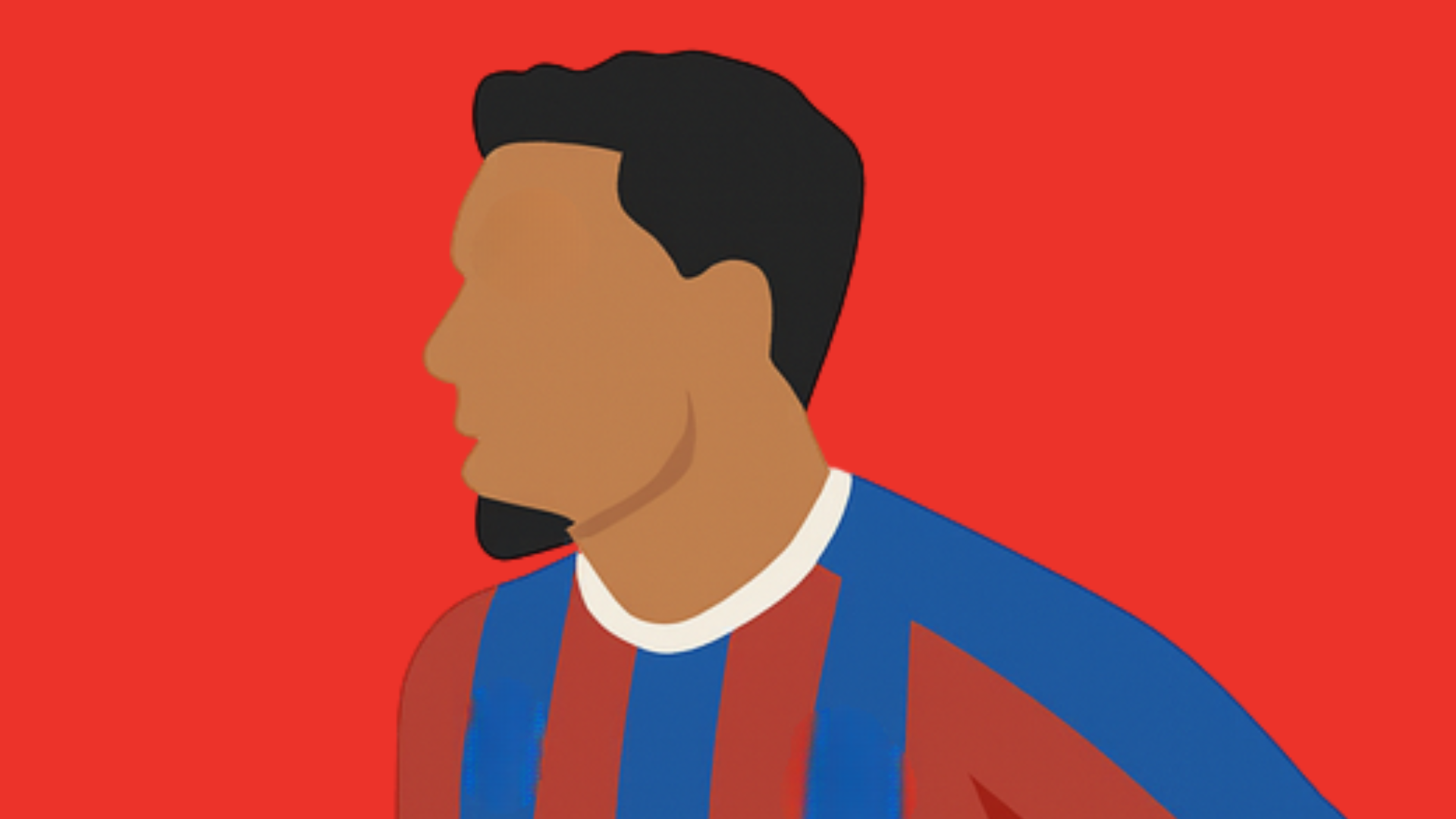Crystal Palace has long been one of English football’s underdog stories. While the Eagles have a proud domestic tradition, their history in European competition is nascent, and shaped by both sporting merit and regulatory controversies. Below, we map out Crystal Palace’s European journey, the stats behind it, and the reasoning behind pivotal decisions.
Early European ventures and the Intertoto Cup era
Though Crystal Palace was founded in its modern form in 1905 (following amateur roots back to 1861), it spent much of its history outside Europe. Its first tentative steps into European football came via the UEFA Intertoto Cup.
| Season | Competition | Result / Notes |
|---|---|---|
| 1998–99 | UEFA Intertoto Cup | Qualified by application; knocked out in Third Round by Samsunspor |
This was not due to high league finishes, but rather the fact that Palace applied to enter the Intertoto Cup, often a route for clubs seeking any European foothold.
Those early steps illustrate how clubs outside Europe’s elite often must seize less glamorous routes to continental exposure.
2025: First ever UEFA competition via FA Cup win
A watershed moment arrived in May 2025, when Crystal Palace won their first major domestic honour: the FA Cup, beating Manchester City 1–0 at Wembley. This victory technically granted them access to the UEFA Europa League league stage, the first time Palace had qualified on sporting merit for a major UEFA competition.
However, regulatory complications intervened. Because of ownership ties, specifically, John Textor’s stakes in both Crystal Palace and Olympique Lyonnais, UEFA judged Palace in breach of multi‑club ownership rules. As a result, Palace were demoted from the Europa League to the Conference League.
| Issue | Implication |
|---|---|
| Multi‑club rule breach | Palace removed from Europa League slot |
| Lyon’s higher league finish (6th in France) | Lyon took the Europa League slot over Palace |
| Appeal | Palace appealed via CAS; decision upheld |
From a sporting perspective, the decision frustrated many: Palace had earned their spot on the pitch. From a regulatory perspective, UEFA prioritised consistency and integrity. The compromise? The Eagles would enter the Conference League instead.
Strategic reasoning & decisions
Why accept the Europa slot (before demotion)
The FA Cup win was a rare breakthrough, so taking the Europa League was logical from both prestige and revenue angles. It would have elevated Palace’s status as a club able to compete domestically and continentally.
Why UEFA demoted them
UEFA’s rules are explicit: two clubs with common ownership may not compete in the same UEFA competition. The timing mattered: by 1 March, Palace had not satisfactorily insulated itself (for example through a blind trust) from Textor’s shareholdings. Lyon’s higher finish gave them priority in the Europa League slot under the rules.
Why the appeal was unsuccessful
CAS upheld UEFA’s interpretation, likely because procedural rules had been breached. Palace’s defence, that Textor had no decisive influence, was not deemed sufficient to override the letter of the regulation.
From Palace’s side, the decision was a “terrible injustice” in the eyes of many, the club and supporters felt penalised for a structural issue beyond the players’ control.

Post Comment